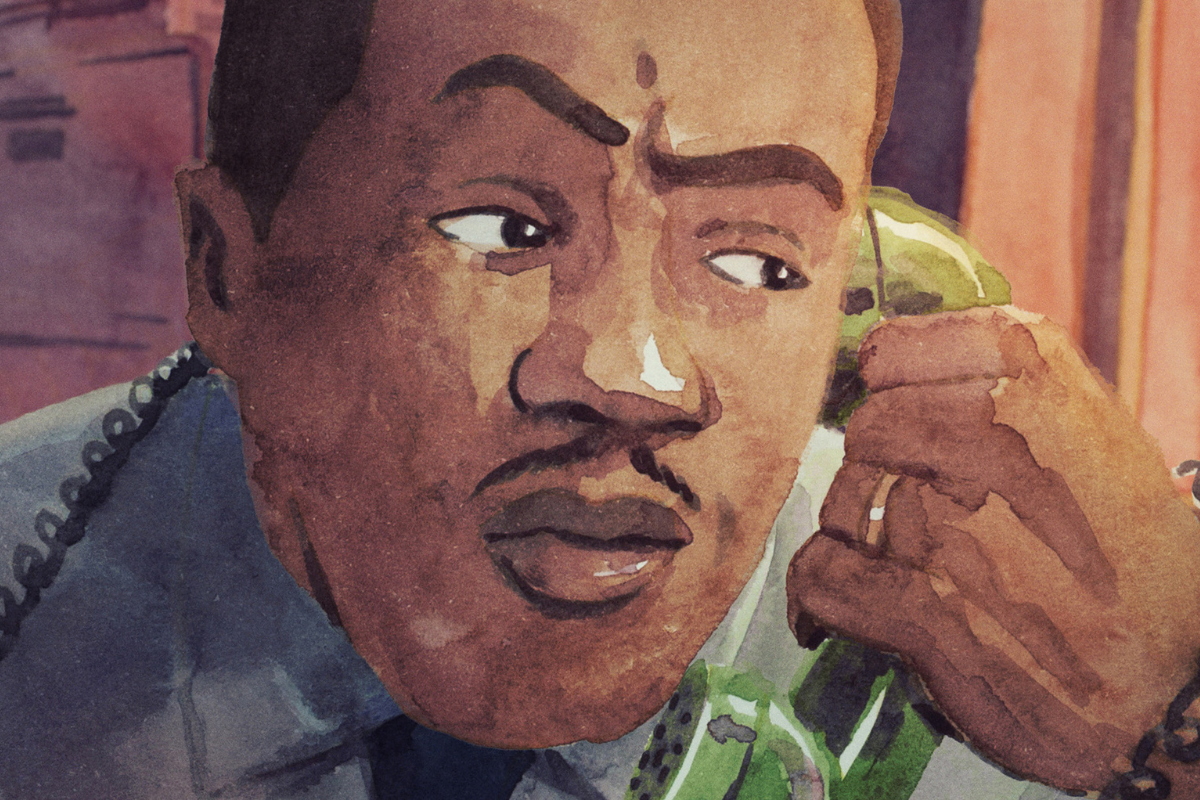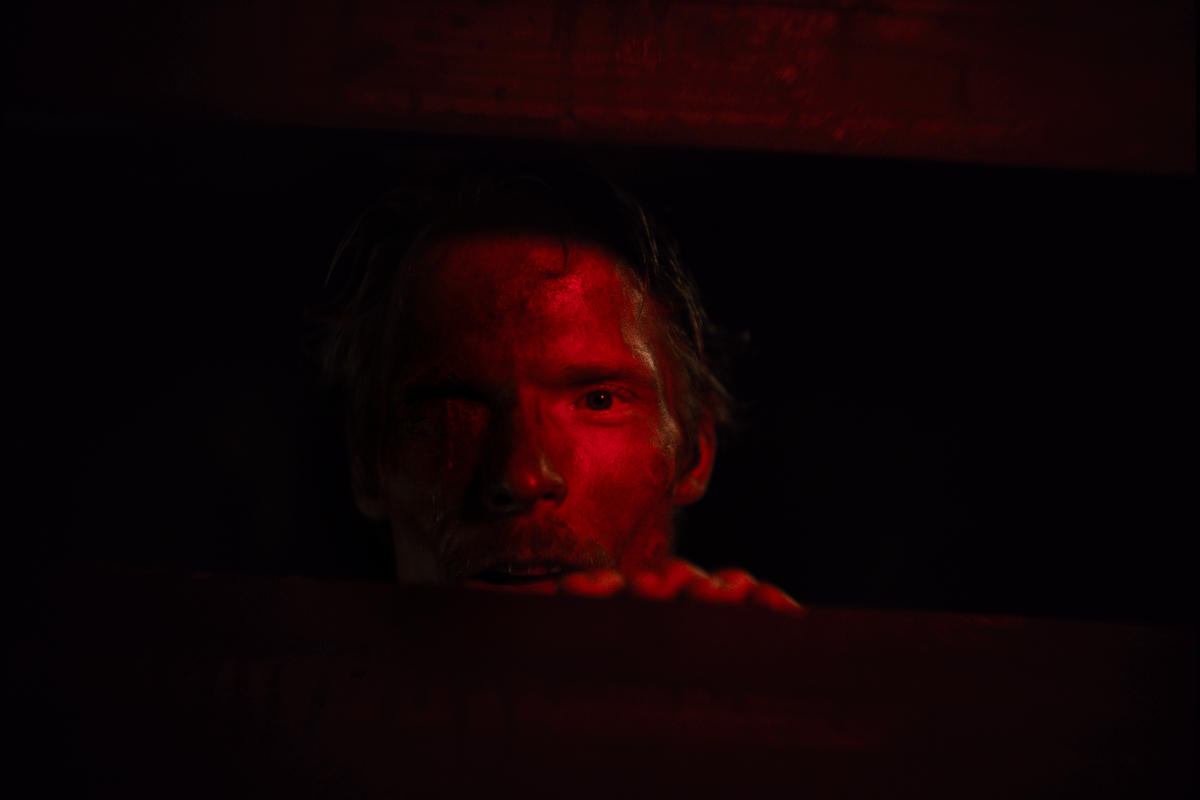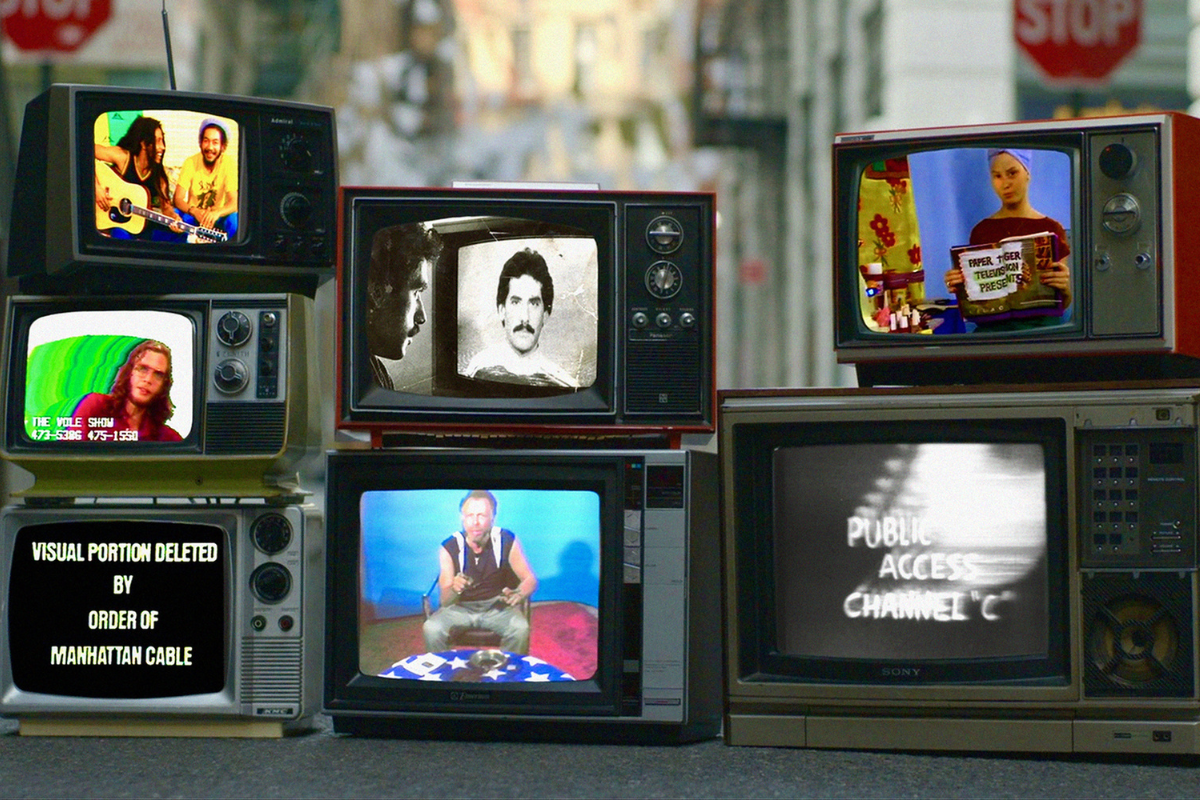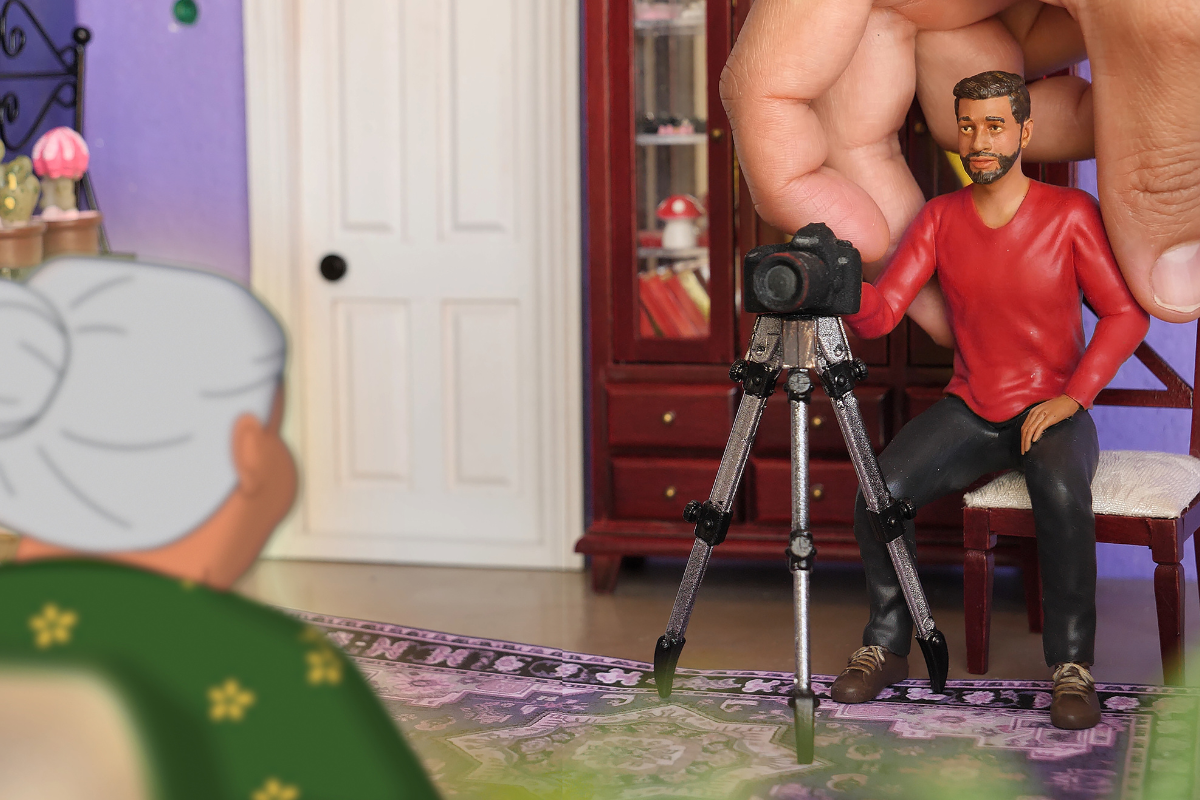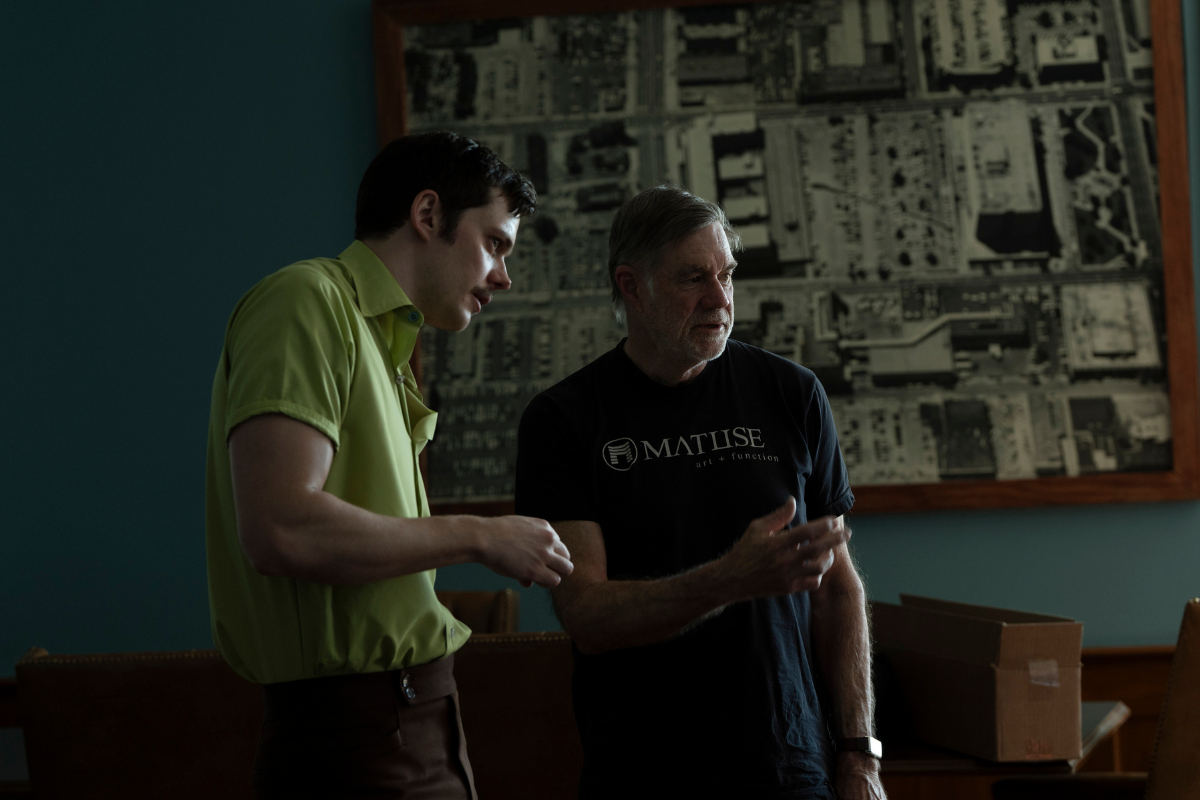Michael Shannon’s Directorial Debut – ‘Eric LaRue’
School Shootings, Redemption, Confusion.
The film Eric LaRue premiered to packed audiences at the recent 2023 Tribeca Film Festival, a drama marking the directorial debut of Michael Shannon about Janice, a suburban American mother numbed by the fallout after her son murders three of his high school classmates, as she attempts to recover, face her shattered community, and prepare to visit her son in prison.
The film is an adaptation of Brett Neveu’s 2002 play with standout performances by Judy Greer as Janice the mother, Nation Henrikson as her son Eric, father and clueless husband, Alexander Skarsgård, accompanied by a host of outstanding talent including Alison Pill, Paul Sparks, Tracy Letts and Annie Parisse.
It is an entertaining yet complex examination of disconnection, forgiveness and recovery in the aftermath of tragedy, grappling with the loaded issue of senseless gun violence, redemption and faith.
Paula: Michael, thanks for taking the time for this interview. I wanted to talk to you about your directorial debut, Eric LaRue. Tremendous job. As a first-time director, what was your process to prepare yourself?
Michael: Thank you. I was surrounded by a lot of very experienced people, so I let them kind of guide me. I had never prepped a movie before, that was a whole new frontier. But I really enjoyed it. Something that I enjoyed was looking for locations.
Paula: What aspect of looking for locations was enjoyable?
Michael: They’re a part of storytelling that you can take for granted, but every location is saying something about the story, and the film that you're making. It's fascinating to watch that come to life. Shooting I was very familiar with, because I’ve been shooting for a long time. And something that was important to me was that I really wanted my actors to feel very safe, because the material is very difficult and it requires a lot of exploration. And discovery with actors which is hard to do if they don't feel secure. So, I was very encouraging to them, and they all did beautiful work.
Paula: Once shooting was finished, how did editing go for you?
Michael: The editing part of post is a real Odyssey, and it’s a new ballgame. A buddy of mine says, it's almost like you rewrite the film in post.
Paula: And did that happen for you?
Michael: Yes and no. I stayed pretty faithful to the script, because I really loved the writing, that was the whole reason I wanted to make the movie. The script was pretty sacred to me. But the writing isn't so much like written language, there's a kind of cinematic writing that takes place; juxtaposing images and shots, and finding the rhythm of the film. Deciding and planning what the audience will be looking at, at any given moment, is a very powerful thing which is kind of magical.
Paula: This definitely came out in the film, Eric LaRue is a very cinematic experience. The story, how the scenes flow together and the buildup of the mother’s emotional journey effects the audience deeply. It’s one of the reasons that it was such a lasting and memorable event for me when I saw it at Tribeca.
Michael: I know people think of me as an actor because that's where they’ve seen me the most, but I'm a very visual person, too. It had a lot of dialogue, I had to make little cuts here and there but I was hoping to make a film that had a distinctive look to it. My DP Andrew Wheeler did an amazing job, he had a million ideas in that regard, involving filters. And I gave him some pretty challenging locations.
Paula: What was the most challenging location, and how did it impact the storytelling?
Michael: The house where Janice, her son and husband live, it’s very small. My team begged me to use a bigger house and I was like, 'No, this is the house, sorry.' We wound up using a lot of really interesting lenses and composition and framing.
Paula: The look of the film almost has a dreamlike quality, which feels like the mother Janice is in this kind of fog.
Michael: You hit the nail on the head. This woman is in a situation that she cannot seem to recover from. It's beyond just the trauma of the shooting, her son going to jail, losing her community, or the bewilderment that a lot of people talk about after a traumatic event. Feeling lost. This woman is genuinely lost. No idea what to do. I wanted the audience to feel that beyond the performance, feel it in the visual language of the film.
Paula: You do. Disorientation, the audience feels like they’re going through this experience with the mother. We’re just like that here in America around the topic of school shootings right now, disoriented and paralyzed. There was this paralysis about the mother in every aspect of her life.
Michael: I subconsciously held on to that with the camera. There's not a lot of camera movement. In directing, I like to find the right place for it and just let it be, and then be very purposeful when the camera does start moving around for a very specific reason. But I wanted the audience to feel like Janice, feel like they’re being stuck inside of the frame.
Paula: It comes through emotionally to the viewers. You drew such authentic performances from your actors, and Judy Greer as the mother is just devastating. There are so many visceral moments, the husband’s flirtation with his colleague, the flashback to the shooting itself, the confrontation between Janice with mothers of the boys who were slain. But that climax, the prison scene between the mother and son, it’s so hard to watch. And we're just right there holding our breath. How did you make that happen?
Michael: Working with my DP, Andrew Wheeler, he thought we should take two days to shoot this scene, and break it up into sections, because it's such a long scene, right? And I said, sure, we can put aside two days to shoot, but we have to shoot the entire scene, from beginning to end. I'm not going to break this up into pieces, that’s antithetical to what this is.
The other thing I did is keep the actors apart. Judy Greer and Nation Henrikson, who plays her son Eric, never met face to face until the first shot of that scene. And people were encouraging me, particularly with Nation, who doesn't have this huge amount of experience, to run lines. I said, 'No, I don't want them to run lines. I don't want them to rehearse. I don't want to do anything. I just want them to show up and see each other and start.' And the two days that we thought we needed for the scene turned into one day, because by the end of this first day, we were done.
Paula: That explains a lot about how the scene is so jarring to the audience.
Michael: That scene is a very stressful situation for those characters. I know that I said earlier how I wanted my actors to feel safe, like they can try anything. This scene was the one time I went in the opposite direction. I actually wanted to make this more difficult than it already is. So that's what I did.
Paula: It had this secondary effect, that's so interesting. Talking about the most important personal things – yet there’s this chasm, they feel like strangers – and they were. Bravo. That was a big risk and it’s a powerful cinematic moment.
Michael: One of my favorite quotes by Tracy Letts in his work goes something like, ‘Just because you're in a family doesn't mean you know each other.’ Family is really like biological circumstances. Quite possibly these three people; Janice, Ron, and Eric, live in this tiny house together, not knowing a single thing about each other, and I think it happens all the time.
Paula: Don’t you think that was actually one of the causes of the shootings? Kids are not talking to their parents, about the most important problems and feelings that they're having.
Michael: Janice – Eric’s mother – is not a malicious person, she’s not fully in her body, or fully cognizant or connected to herself, her son or husband. I feel like that's very common in our society. People are disconnected, full of avoidance and denial. And so that's something I wanted to explore.
Paula: There are so many questions that are brought up by this piece. When Brett Neveu was adapting the material from the play, were you guys in conversation at that point? Did you have any collaboration?
Michael: I'm a member of a tiny theater company here in Chicago, called the Red Orchid Theater. And we did the play back in 2002 which I saw four or five times. And then years later, I was directing another play that Brett wrote called Traitor. And on the closing of that play, he walked up to me and said, ‘Hey, do you remember Eric LaRue? I wrote a screenplay for it.’ It was already fully finished, and I read the script. And I got it in my mind that I want to make this. I'm not messing around with the writing side of it.
How To Get Your Script To Be "The Right One," Interview with Writer/Director Ken Mok
Paula: Subject-wise, did you have an objective for selecting Eric LaRue for your directorial debut?
Michael: It was a summation of a lot of different things that I find troubling, aspects of our culture that I have struggled with for a long time. It was an important story to me, very personal. Even though I’m not like any of these characters in the movie, I felt it very deeply. And I think America is a very confusing country to live in. I think this film puts that in relief pretty clearly, pointing out the confusion of our culture.
Paula: In what way?
Michael: There’s this deep-seated desire in the United States to say 'Every life is important and beautiful' and at the same time, neglect and not offer, the help that is needed. I feel it's lost its way.
Paula: People need to see Eric LaRue.
Michael: I don’t take a huge amount of credit for it. I just facilitated it. I was able to assemble an amazing group of people like producers Sarah Green, Karl Hartman and Jina Panebianco, DP Andrew Wheeler, and others to bring it to life.
Paula: Is there anything you'd like to happen as a result of this film? It's the most important topic there is right now in America that nobody is discussing. That was a strong point that you made after the movie’s premiere and the follow-up Q&A.
Michael: I don't know. Somebody asked me once what I want people to take away from the piece, but I didn't set out to do that. I don't have an answer to any of this. I don't have a solution. But I think that most art that I enjoy personally, it invites you to interpret it or utilize it, however you like. And it's reflective of whoever's watching, how they respond to it. It's kind of like a Rorschach test. So that's what I think the pinnacle of art really is, not to command people to do anything in particular, but to inspire them to investigate their own consciousness.
Paula: Beautifully said. I’d love to share with Script Magazine readers when the film will be released.
Michael: I’d like to share that information too, but we haven’t been able to sell the film to a distributor yet. I think that frankly, they’re chicken. They definitely are. But I want to try. It's my least favorite part of the job. I’ve got to grab someone by the lapels and say, 'Goddamn it, buy my movie.' I’m just trying to pick whose lapels to shake.
Business Of Film: What Is Distribution?
Paula: Well, someone who is very smart will jump on it because this is a moving, beautiful and important film. My filmmaking partner and husband Rick Mowat and I talked about it for days – the performances, the subject matter, both entertaining and exciting.
Michael: That’s the best compliment anyone can pay me, when they tell me that they keep talking about the movie.
Paula: Yeah, well, I'm in a hurry to see it in theaters. Thanks for taking the time for this interview.
Michael: Thanks for giving me the opportunity.
Eric LaRue had its World Premiere on June 10, 2023, at the Tribeca Film Festival.
Learn more about the craft and business of screenwriting and television writing from our Script University courses!
Paula Landry, MBA, is a writer/producer and consultant helping artists find deeper meaning in their work and create strategies to stay inspired, fusing business & creativity. Landry creates media business plans, marketing plans, movie budgets, coaching artists and teaching film business classes at NYU, SVA, Wagner College, The Actors Fund and MCNY. She’s co-authored The Business of FILM and Sell Your Screenplay in 30 Days, and is the author of Scheduling and Budgeting Your Film. Clients include Christie’s, Forbes, EW, GQ, Pearson TV, Game Show Channel to name a few. Her films have debuted at Sundance, CineVegas, winning awards from Columbia Pictures Screen Gems, Time Warner Showtime Audience Award, and WorldFest Houston Film Fest. Connect via LinkedIn, @paulalandry on Twitter, email: paula@paulalandry.com or Facebook #filmdreamers #mediaentrepreneurs #aflickchick


